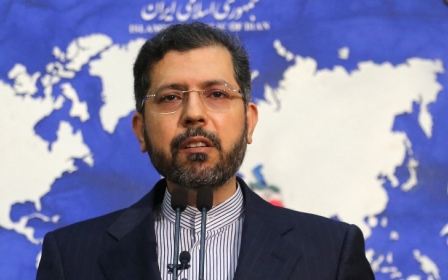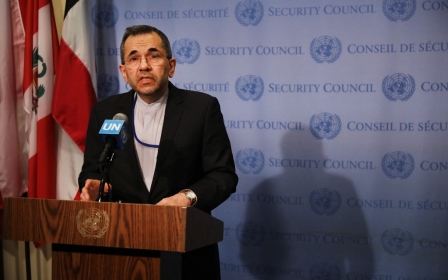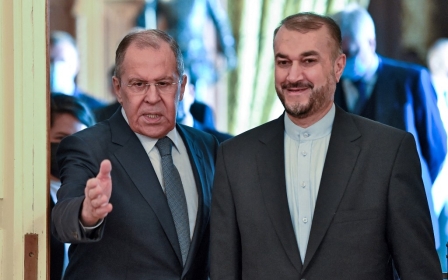'Weaponised inflation': US sanctions driving Iran's soaring prices, report says
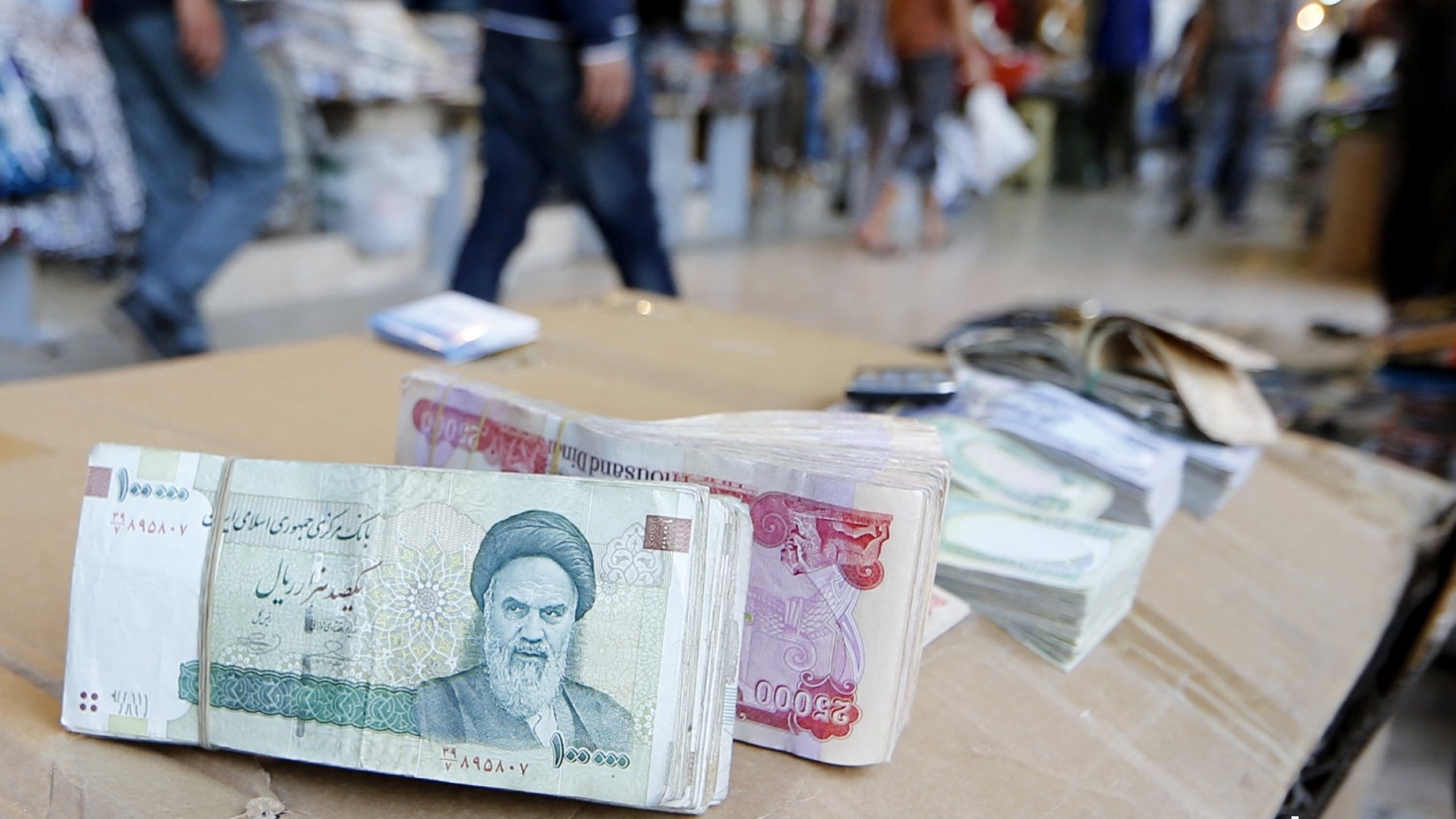
US sanctions have been a driving factor for the sharp rise of inflation in Iran, according to a report released on Wednesday, with ordinary Iranians feeling the pinch as the cost of everyday goods and medicines skyrocket.
The Sanctions and Security Project said in its report that the US's "maximum pressure" campaign, which imposed crippling sanctions to hurt the Iranian economy and challenge Tehran's regional role, was a "weapon" that had only succeeded in making life for Iranians more difficult.
Esfandyar Batmanghelidj, a visiting fellow at the European Council on Foreign Relations and author of the report, said it was clear that sanctions, which are often seen as an alternative to military confrontation, had triggered persistent high inflation which "led to a marked increase in poverty".
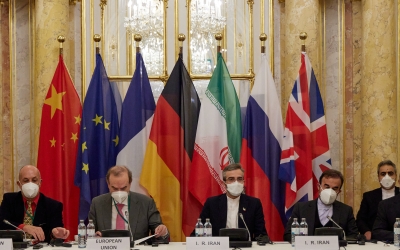
"As much as it is possible to boil everything down to one impact that tells the whole story, inflation ends up being that one impact," he told Middle East Eye.
Since Trump's decision in 2018 to leave the Iran nuclear deal and reimpose wide-ranging sanctions on the Islamic Republic, the Iranian rial has fallen to about 270,000 to the dollar – compared with 32,000 rials for $1 at the time of the 2015 accord with world powers.
The price of basic food items like milk, yoghurt and eggs has swelled by more than 150 percent, while the cost of health care has risen by around 125 percent.
According to Batmanghelidj, wages in Iran had remained steady throughout this period, but did not match the realities of the cost of inflated prices and the devalued currency.
Last year, Mohammad Javad Zarif, Iran's former foreign minister, said US sanctions had inflicted around $1 trillion worth of damage to the country's economy.
Lack of affordability
While humanitarian agencies have for years raised concerns over sanctions blocking goods such as medicines from entering Iran, the report noted that while many goods were available, they were simply not affordable.
"It's not just sanctions that keep pharmaceuticals off the shelf. It's through these intervening dynamics that really give us all of a sudden a new set of policy hooks to try to remedy some of this," George Lopez, a sanctions expert and professor at the University of Notre Dame, told MEE.
'The question is whether US policymakers are ready to limit their own powers and end the weaponization of inflation'
- Esfandyar Batmanghelidj
The secondary effects of sanctions were most present in the prices of food. And economic sanctions on Iran's banking sector and oil exports led to government budget deficits, causing Tehran to print more money, escalating inflation.
"Although no sanctions were imposed on food imports, this drop in the Rial seriously affected the affordability of food," the report said.
"Because the Central Bank did not have clear access to foreign exchange reserves, it could not meet the demand to provide hard currency to importers of the tons of animal feed on which the production of meat, eggs and dairy products depends."
Batmanghelidj said while US and European officials are currently worried about the issue of inflation in their own countries, they have failed to consider inflation in Iran as being a negative consequence caused by sanctions.
"It's not something that's usually discussed as a deliberate kind of outcome," he said.
Lifting sanctions isn't enough
US President Joe Biden has sought to return to the 2015 agreement, which offered sanctions relief to Iran in exchange for the country scaling back its nuclear programme.
The administration has said it is willing to lift all sanctions that were tied to the nuclear programme, but Tehran insists Washington lift all sanctions, even those that are non-nuclear related.
The report said that while the lifting of sanctions would help alleviate a lot of financial hardships for average Iranians, the US needed to go further in addressing the economic toll that years of blacklisting has created.
"The question is whether US policymakers are ready to limit their own powers and end the weaponization of inflation," the report said.
It said that Washington can "stimulate de-risking and new trade, investment, and economic engagement with Iran".
"Those who impose sanctions, their responsibility doesn't end the day they lift the sanctions. The responsibility ought to be to help create the conditions for a healthy economy going forward," Lopez said.
"And it would look strange to usual economic relations to say you've got to help that country control its inflation, but in a post sanctions environment it may be absolutely necessary to get other segments of the economy functional, particularly cost of living for the citizens."
Middle East Eye delivers independent and unrivalled coverage and analysis of the Middle East, North Africa and beyond. To learn more about republishing this content and the associated fees, please fill out this form. More about MEE can be found here.


